How Inherited Trauma Can Lead To Increased Resilience
January is the season of dieting, especially for those of us who gain weight too easily. This tendency to gain weight runs in families, especially on the female side, and can be due to Epigenetics.
Epigenetics explains how a woman who is pregnant during a famine can pass down an increased capacity to metabolize food to her baby born out of that experience. I am a result of such an experience visited on my female ancestor, who passed it down to female generations after her. This ability, to metabolize food especially well, is only one of many things that change the body chemistry and workings of offspring, based on the original mother experiencing trauma while she was pregnant.
However, efficient metabolism isn’t negative, even though it’s inconvenient if you’re a food-lover. What this increased sensitivity to food does – brought on by the trauma of repeated starvation – is to increase your body’s resilience in dealing with lean times.
Similarly, trauma and resilience are both passed down from generation to generation through Epigenesis. Epigenetics refers to how genes can be turned on and off and expressed differently through environmental and behavioral changes (as opposed to genetic changes). Stress and trauma can biologically impact us into the next generation in this way.
While Epigenetics is not a genetic change, it is a change to our genetic program. It is a mechanism for short-term adaptation, and it happens when the environmental influence is so overwhelming that it forces a major physiological change.
Children who “inherit” trauma from their mother are born with a smaller capacity to metabolize stress. This happens while the child is developing in the womb when the mother is undergoing stress. What happens to the fetus is that it is forced to adapt, and it does so by becoming hypersensitive to certain stimuli.
Rachel Yehuda, in her studies on epigenetics, noticed that the offspring of survivors of the Holocaust were physiologically and emotionally affected by it, even though they weren’t present for it. They had difficulties dealing with feeling responsible for the suffering of their parents. She found that Holocaust offspring were 3 times more vulnerable to PTSD than those whose parents did not survive the holocaust. They also showed a lot of resilience. And surprisingly, she found that the offspring had the same hormonal abnormalities as their survivor parents. Yehuda was able to trace that back to their mother.
She then studied the offspring of pregnant women who were traumatized by the events of 9/11. What she discovered were 2 things:
· There is a trimester effect on the cortisol levels of the babies born from these women; that a traumatic experience for a pregnant woman can transmit a biological vulnerability to stress in future generations;
· Children from women so traumatized during pregnancy must now need to prepare to work harder around stress, because they have “poor shock absorbers” – their stress system is more responsive than normal. The encouraging news is this: if they develop resilience, they can use this increased responsivity to self-empower.
Yehuda concluded from her studies that there is a wisdom in our bodies from this externally imposed adaptation: a certain resilience. She believes the purpose of epigenetic change “is simply to increase the repertoire of possible responses”.
For example, if we are “optimized for starvation” and live in an abundant environment, yes! We need to watch our diet, but we can also have a larger ability to adapt to this.
What trauma does for some is to focus on the past; however if this can be retrained to a focus on the future, the changes that come from trauma can be the basis of positive change. The empowering aspect for children who have experienced these epigenetic changes is that the mother has passed along the coping strategy of enhanced resilience.
If you’re one of these children, as I am, imagine how your life might be enhanced if you focused on the increased resilience you were born with that comes with heightened sensitivities.
*Material for this document is from Rachel Yehuda: How Trauma and Resilience Cross Generations
Quote of the Week
The greatest glory in living lies not in never falling, but in rising every time we fall
Nelson Mandela
Epigenetics and the influence of our genes
Announcements
At times we need more - we know the logic, know what to do. And yet something is still blocking us. As a registered psychotherapist and life coach, I offer individual one-on-one consultations. For more information, visit my website or contact me directly at maryanne@thejoyofliving.co

